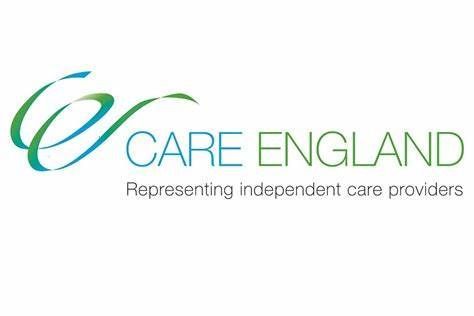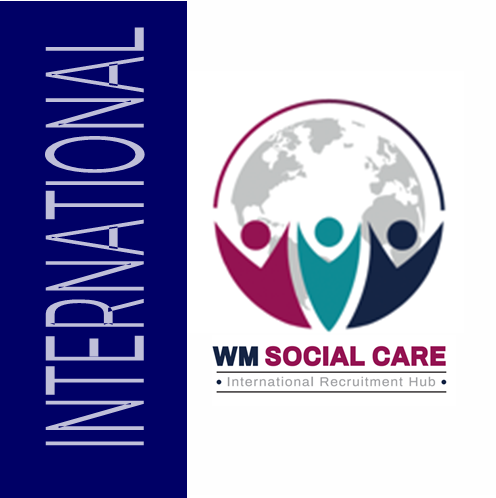
CQC Report Proves the Power of a United Sector
Please see below a Press Release from Care England that we are sharing with our members.
********************************************************************
Care England, the leading voice of adult social care providers in England, is proud to have played a central role in shaping the
Care Provider Alliance’s (CPA) newly published report on the
Care Quality Commission’s (CQC) Single Assessment Framework (SAF). This report is a direct result of the efforts from ourselves, our members, and our colleagues in the CPA to ensure that the voices of care providers are heard, and that regulatory oversight is fair, transparent, and effective.
Professor Martin Green OBE, Chief Executive of Care England, stated:
“This report would not exist without the engagement, persistence, and unity of the social care sector. While previous reports by Dr Penny Dash and Sir Mike Richards identified fundamental failings in the CQC’s approach, they did not sufficiently reflect the lived experiences of providers on the ground. That has now changed. This review is the first to truly centre provider feedback, and it stands as a powerful tool to hold the CQC to account.
The findings lay bare the significant challenges providers have faced with the Single Assessment Framework - ranging from confusion and inconsistency to a lack of meaningful engagement with the sector. For too long, providers have felt unheard, navigating a system that is burdensome, unclear, and at times detrimental to staff morale and service improvement. Now, thanks to the collective efforts of Care England, our members, and the wider CPA, these concerns are impossible to ignore.”
Through extensive engagement - including surveys, workshops, and ongoing dialogue - Care England and our CPA partners have ensured that the concerns of care providers were not just acknowledged but embedded within this review. Over 1,200 providers contributed, reinforcing the power of a united sector in driving change.
The report outlines
11 key recommendations aimed at improving the CQC’s regulatory approach and rebuilding trust with care providers. These include:
- Create a reduced set of quality statements and assess all providers on a consistent set of statements for every routine inspection.
- Create guidance for each service type at the quality statement level.
- Use the information in the Provider Information Return to plan a timeline, CQC staffing, and priorities for assessment. Share this assessment plan, including evidence requests, with providers and give them advance notice of inspection.
- Ensure that evidence included in decision-making has been corroborated rather than taken at face value, to produce a balanced appraisal of the service and is not wholly focused on finding issues or risk.
- Re-write the reports of providers who have been assessed in the period of time between the implementation of the SAF and the stabilisation of the regulatory approach to a consistent and meaningful process.
- Develop a shared, meaningful approach to co-production with providers for use in further work to be completed during CQC’s ongoing recovery programme.
- Re-introduce a single point of contact/named inspector for providers.
- Train inspectors, with the involvement of care providers, to understand and respect each type of care service and the people that they support.
- Establish an independent body to mediate all complaints and challenge processes.
- Ensure that all changes in regulatory approach thus far and in future are effectively communicated to all inspectors to reduce inconsistencies in implementation.
The recommendations can be read in full on the
CQCs website.
Care England remains committed to pushing for urgent and lasting improvements to the CQC’s regulatory approach. We will continue to advocate for a system that works with providers, not against them, ensuring a fair and proportionate framework that supports quality care.
The importance of this report has been acknowledged by the CQC’s leadership, with
Sir Julian Hartley, Chief Executive of CQC, recognising it as
'instrumental in ensuring we hear the voices of a wide range of adult social care providers.'
James Bullion, Chief Inspector of Adult Social Care and Integrated Care, further emphasised that the report provides
'a practical agenda for change' and will be incorporated into the CQC’s urgent improvement work. He also acknowledged the distressing impact that past regulatory approaches have had on providers, as well as the need for significant improvements to inspection processes, technology systems, and communication with the sector.
Care England would like to extend our sincere thanks to all our members who contributed their experiences and feedback - your voices made this report possible. This collective effort demonstrates the strength of the sector when we stand together.
The full report can be
found here.
The CQCs response in full can be
found here.


















